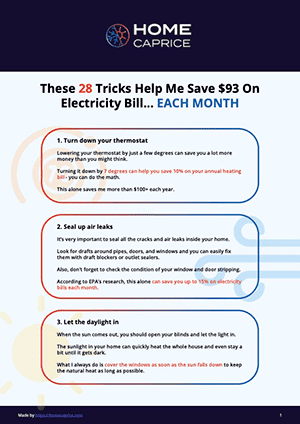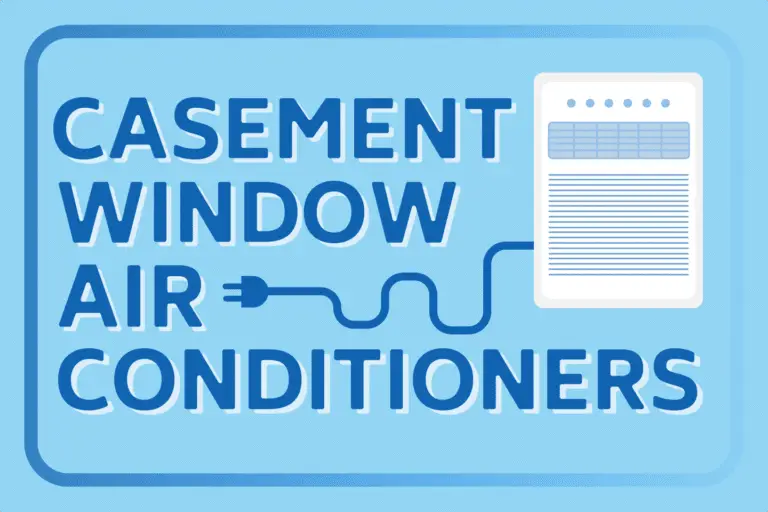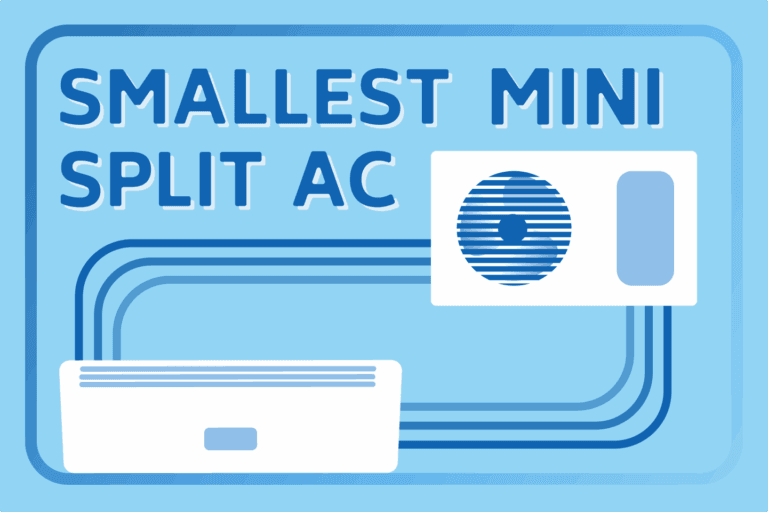Comfort in the summertime depends on a dependable air conditioner. But how can you decide which AC unit is ideal for you? Do you go for window units or freestanding portable models? Heat pump systems or ductless mini-split designs?
Choosing an air conditioner can seem overwhelming, with so many options available nowadays, but don’t worry. To help you, we’ll offer some pointers and suggestions in choosing the greatest air conditioning machine for your requirements. So if you’re ready to take control of your summertime temperature, let’s get started.
7 Things to Consider When Selecting a New AC
There are numerous major variables to consider while choosing the best model for you.
We worked with Sun City Air to compile the most critical points to remember. Here are the seven things you should consider before purchasing an air conditioner:
1. Size of the Room
When choosing an air conditioner, room size is crucial. Your air conditioner must be powerful and efficient for a larger room. Measure the length and width of your space in feet, then multiply those numbers to find the recommended unit size.
This number will reveal your room’s square footage, and knowing this measurement will enable you to choose the optimum air conditioner size. Additionally, bigger air conditioners can frequently cool the space quickly and keep the temperature stable.
2. Energy Efficiency
Energy efficiency is another vital point when picking an air conditioner. Most ACs have a rating label that reveals the unit’s energy usage and efficiency. Look for this marking and take notice of the SEER rating (Seasonal Energy Efficiency Ratio).
A higher SEER number implies greater energy efficiency — in other words, more cooling power for less money. The higher SEER ratings may also be eligible for government tax credits or utility company rebates, so you save even more.
3. Type of Air Conditioner
Another factor to weigh when selecting an air conditioner is your desired unit. Window units are ideal if you want to cool a single room and don’t want to install a full system. Portable air conditioners are suitable for living rooms, bedrooms, or any specific space you need to cool down quickly.
A central air system might be best if you have a larger home. Your home’s existing HVAC system is connected to a central air conditioner with vents going into every room. You may regulate the temperature of each room separately with this approach.
4. Installation & Maintenance
Before investing in an air conditioner, consider the installation process. If it’s a portable or window unit, you should be able to do it yourself with the right tools. Central systems typically require the help of an HVAC expert to install them correctly.
Maintenance is another essential variable when selecting your AC system. If you choose a window or portable unit, you may be able to maintain it yourself. Central systems should also have regular maintenance checks to ensure they are running efficiently.
5. Noise Level
Noise level is also a factor to consider when selecting an air conditioner. Many portable ACs are noisy because they’re larger and have more powerful fans. On the other hand, window units are usually much quieter because they’re small and often have two-speed fans.
📍 Recommended Reading: 7 Most Quietest Window Air Conditioners
Central systems are generally the quietest since the noisy parts are outside your home. However, if you value a quiet atmosphere, check out product reviews for noise levels before choosing an air conditioner.
6. Cost
Of course, cost is another factor when deciding which air conditioner to choose. Portable units are generally the least expensive, followed by window systems. Central ACs can be much more costly due to installation costs and other labor involved with setting up the system.
Be certain to compare prices online before buying an air conditioner, as you may find better deals. Additionally, some stores offer free installation or discounts for purchasing energy-efficient models, so you can save money even on a more expensive unit.
7. Brand Reputation and Warranty
Finally, make sure to do your research and check out the brand reputation before investing in an air conditioner. Brands with good reputations generally have better customer service and quality products.
Furthermore, it’s also important to consider the warranty of the air conditioner you purchase. A longer warranty means a greater assurance that your AC will last several years and can be replaced or fixed if any issues arise.
Conclusion
Choosing an air conditioner doesn’t have to be overwhelming. Keep these seven points in mind, and you’ll be well on your way to keeping cool all summer. You’ll enjoy efficient cooling with maximum comfort with the right AC system.
If you’re unsure which air conditioner is right for your needs, don’t hesitate to contact a professional for help. They can advise and suggest models that suit your unique cooling requirements. Good luck!


Download this FREE cheat sheet to find 28 tricks that can help you save on your electricity and heating bill each month.
Click here to get a FREE Cheat-Sheet
![9 Different Noises Your AC Is Making [Quickly FIX Them]](https://homecaprice.com/wp-content/uploads/2021/04/AC-Making-Noise-768x512.jpg)
